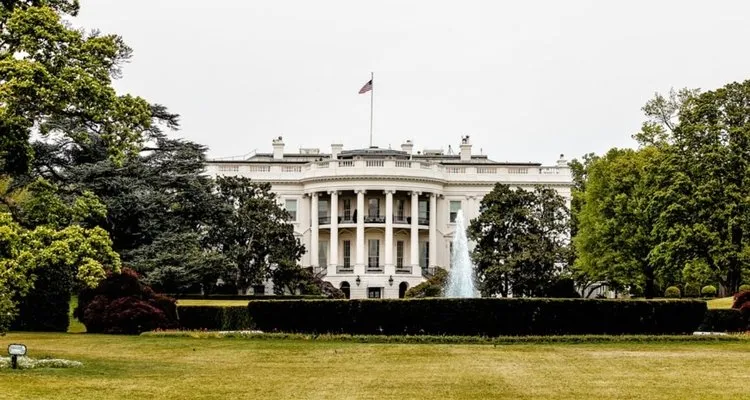Photo Credit: Rene DeAnda
About two months after the No TikTok On Government Devices Act became law, the Office of Management and Budget (OMB) has officially instructed all executive agencies to remove the highly controversial app within 30 days.
The White House order for federal agencies (as well as certain contractors) to delete TikTok arrives on the heels of a similar measure in Canada, where the ByteDance-owned service is now prohibited on government-issued devices due to the “unacceptable” security risk that it poses.
Stateside, the OMB’s TikTok guidance, penned specifically by director Shalanda Young, resulted from the initially mentioned No TikTok On Government Devices Act. Signed into law as part of a nearly $2 trillion spending bill last year, this iteration of the TikTok legislation gave Young 60 days to “develop standards and guidelines for executive agencies requiring the removal of any covered application from information technology.”
Of course, “covered application” refers quite directly to TikTok, which the European Commission banned on all corporate devices just last week. Federal agencies in the U.S. have up to 30 days (from yesterday) to “remove and disallow the installations of a covered application on” their own devices. An identical deadline is in place to “prohibit” the video-sharing platform’s access on government internet connections.
Agencies that are unable to comply with the order and the timeline due to their “mission or operational posture” must notify the federal chief information officer by the deadline, the document makes clear.
Meanwhile, the OMB’s TikTok edict gives federal agencies 90 days to assure that new contracts “do not contain requirements that may include the use of a covered application” and to exit any such existing contracts. The final component of the directive comes with a 120-day deadline and outlines a requirement for prospective federal contractors to also follow the TikTok ban if the agreement that they’re seeking “may involve” the “use of information technology.”
Needless to say, this latest setback for TikTok – one of several obstacles that the app is grappling with as its CEO prepares to testify before Congress – could potentially lay the groundwork for an outright ban in the U.S.
Logic suggests that any app so wholly unsuited for use among government officials likewise presents significant security threats to the general public. Additionally, a growing number of lawmakers (on both sides of the aisle) are expressing far-reaching concerns about TikTok.
Nevertheless, the ByteDance subsidiary is continuing to expand generally and on the music side, having rolled out a retooled Creator Fund and unveiled a new #AltMusic featured artist last week. Today, the service launched “Sounds for Business,” billed by higher-ups as “a mix of music, voice over, and other directional sound cues” with which businessowners can create promotional videos.

